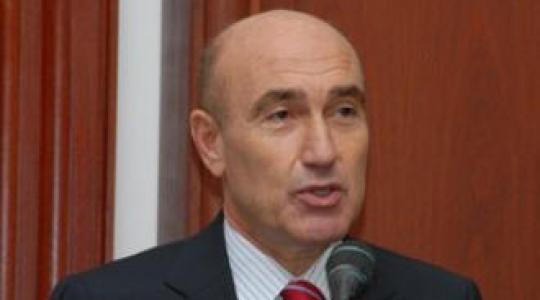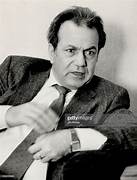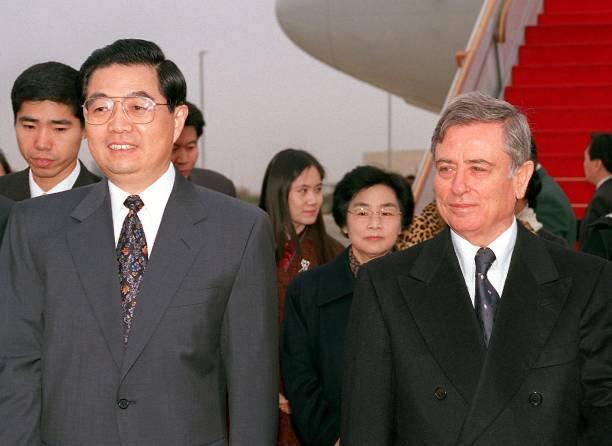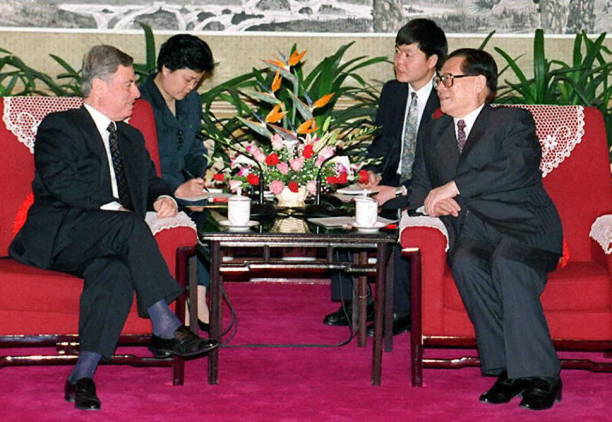The Turkish ambassador in Damascus, Ahmet Oğuz Çelikkol, told “Al-Hayat” that there is no “border dispute” between Syria and Turkey over the Iskenderun region, confirming his country’s lack of interest in using the water issue as a “political tool” against Syria.
Meanwhile, diplomatic sources told “Al-Hayat” that a “draft agreement for military cooperation in the training field” was handed over to the head of the Political Guidance Administration in the Syrian army, Major General Mahmoud Ammar, during his visit to Ankara a few weeks ago. While nothing has been announced about the “draft agreement” in Damascus, Çelikkol stated that both parties have “initiated cooperation on military training issues.”
Relations between Ankara and Damascus have evolved in all fields after the signing of a memorandum of understanding in October 1998. The visit of Syrian Vice President Abdul Halim Khaddam to Ankara at the end of last year contributed to the development of these relations. The ambassador mentioned that Khaddam “suggested a comprehensive agreement between the two countries, and it was agreed that achieving such an agreement and declaring the principles would be beneficial for both countries, but negotiations did not touch on the essence of these issues.”
The first round of talks regarding the “declaration of principles” took place in March of last year, with the participation of Turkish Deputy Foreign Minister Oguz Ziyal and Syrian Assistant Foreign Minister Ambassador Suleiman Haddad. Çelikkol said, “Work is being carried out through the embassies of both countries to achieve a declaration of principles that includes a number of organized points for their relations.”
Asked about the validity of the negotiations colliding with the dispute over the Iskenderun region, he responded: “A question like this assumes the existence of a border conflict between the two countries, which does not reflect the reality. Turkey has recognized its borders with neighboring countries, including Syria, and the Hatay region’s status was established years ago. Therefore, there is no issue related to land on the Syrian-Turkish agenda.” He added that the “declaration of principles” is based on internationally accepted principles and a number of general directions for both countries. He noted that there are “maps in Syria that do not accurately represent the Syrian-Turkish borders, and presenting such inaccuracies restricts the scope of cooperation between neighboring countries and does not serve the joint goals of developing relations in all fields.”
In the meantime, Damascus calls for the signing of a final agreement on the division of Euphrates River waters, replacing the provisional agreement of 1987. Syria is coordinating with Iraq to “commit to a unified Arab stance” on this issue. The ambassador believes that “it is necessary to address this issue, like other shared issues, and Turkey is well aware of the importance of the water issue for Syria. Therefore, we have no intention of ignoring Syrian concerns or using water as a political tool.”
He added that the Syrian-Turkish-Iraqi Technical Committee, which has not met since the early 1990s, will resume its meetings “when the situation matures.” He believes that the water file is one of the organized topics for bilateral cooperation with neighboring countries.
He denied any connection between the expected visit of President Bashar Al-Assad to Ankara and the signing of the “declaration of principles,” as such a visit would deepen the bonds of friendship and create an atmosphere of mutual trust between the two countries. Çelikkol added that a date has not yet been set for the visit, which will respond to an “official invitation” from President Ahmet Necdet Sezer. He mentioned that Turkey is “following the reform steps in Syria with interest and supports it, and is ready to provide its expertise in this field if requested by Damascus. Undoubtedly, economic cooperation will develop successfully with reform in Syria.”
When asked about the existence of a military agreement between the two countries, he replied that both sides “have initiated cooperation in the military training field.” He recalled that Ankara openly expressed its desire to “improve cooperation with Syria in all areas,” and they noticed that Damascus shares this desire. He concluded by emphasizing that there is “no justification for any country to view our relations with Israel with suspicion.”




